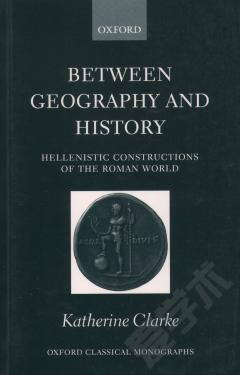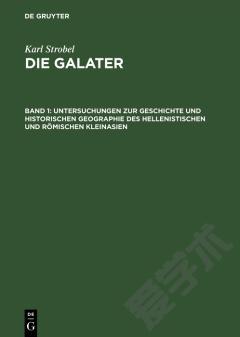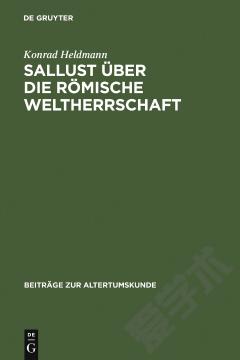Between Geography and History —— Hellenistic Constructions of the Roman World
----- 地理和历史之间的结构:希腊罗马世界
The late Hellenistic period witnessed the rise of an imperial power whose dominion extended across almost the whole known world. The Roman empire radically affected geographical conceptions, evoking new ways of describing the earth and of constructing its history. In this book the writings of three literary figures of the age are explored: the History of Polybius, two fragmentary works of Posidonius, and the universal Geography of Strabo. Analysis in terms of the philosophical concepts of time and space reveals the generic fluidity of such 'geographical' and 'historical' works. Furthermore, these broadly conceived accounts are shown to be appropriate literary media for the response to Roman power. They use, but transform, pre-existing Greek traditions in order to describe the new world of Rome, making them fitting products of a transitional age. This book provides a new approach to Roman imperialism by considering its impact on historiography and geographical thought.
{{comment.content}}








 京公网安备 11010802027623号
京公网安备 11010802027623号